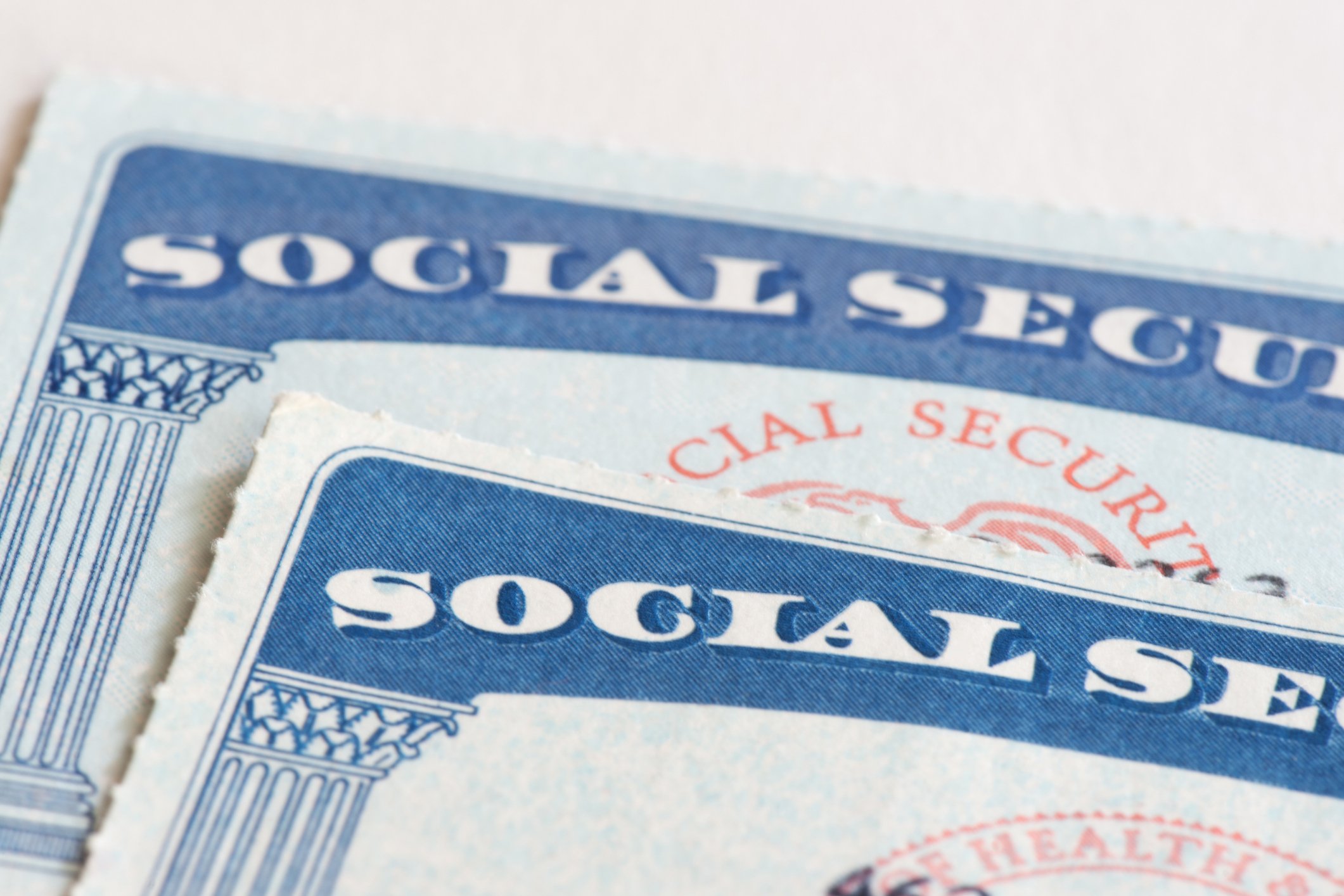Americans are massively unprepared for retirement. If you need proof, look no further than the average 401(k) balance in America: $96,288. With over half of Americans who've estimated their retirement needs anticipating they'll need at least $500,000 to retire, there's a sizable gap. What's worse, those who are nearing retirement (aged 55-64) only have $177,805 saved on average. That's less than six years' worth of retirement expenses after Social Security.
We have put together three easy ways to boost your 401(k) savings -- and one doesn't involve saving more money! Let us know which you liked best at [email protected].
The $16,122 Social Security bonus most retirees completely overlook
If you're like most Americans, you're a few years (or more) behind on your retirement savings. But a handful of little-known "Social Security secrets" could help ensure a boost in your retirement income. For example: one easy trick could pay you as much as $16,122 more... each year! Once you learn how to maximize your Social Security benefits, we think you could retire confidently with the peace of mind we're all after. Simply click here to discover how to learn more about these strategies.
Alison Southwick: Hi. I'm Alison Southwick with The Motley Fool. I am joined by Michael Douglass. He's an analyst here at the Fool, as well. For many Americans, a 401(k) is going to be predominantly what you're relying on for your retirement. Of course, you want to boost your savings. Michael's joining us here with three ways that you can help improve your 401(k) savings.
Michael Douglass: Yeah, the first one is really the most obvious. It's get that employer match. A lot of employers will offer one. They'll say, "If you put in six percent of your annual salary to your 401(k), we'll put in three percent as a match." That's free money that you don't want to leave on that table.
In fact, Americans leave around $24 billion annually in matching 401(k) money on the table. It's just free money that they're just passing up. You want to make sure that you are, at the very least, getting that amount.
Alison: Get the employer match. What is the second thing I can do to boost my 401(k) savings?
Michael: Step up your deferral each year. Maybe you're putting in six. You got three, and that's good. What you want to do as well is each year, just send a quick note. Fill out a little bit of paperwork and increase that each year, from six percent to seven percent, to eight percent.
When you get that cost of living increase, or you get that raise, or something like that, put as much of it in your 401(k) as you can. That way you still are used to spending the same amount of money. You're saving more each year.
Alison: Are there caps on how much I can put into my 401(k)?
Michael: Yeah. In 2017, you can put up to $18,000. That doesn't include the matching funds from your company. You can put in $18,000 of your own money. If you're older, you can put in some more.
Alison: Great. All right. What is the last thing I can do to help boost my 401(k) savings?
Michael: This one actually doesn't involve you putting any extra money into it, which is fun. It's reducing your fees. When you look at your 401(k), usually you've either defaulted into a plan, or you've picked a few different funds to put your money into. If you take a look at your fees, often you're not in the lowest-cost fund that you can be in. Fees actually make a big difference.
You look at them and it's like, "One of them's one-and-a-half percent. One of them's point-five percent." Really, a percentage point difference a year. How much difference does that actually make?
The fact of the matter is, if you have a $50,000 salary and you're putting in six percent of your own money and a three percent match, that difference of one percentage point means an extra $70,000 in retirement savings over 30 years.
I don't know about you, but $70,000 is a lot of money to me. This one small change can really make that difference. Of course, you still need to look at your different funds and understand which ones are your best options. That's something that should definitely factor into your thinking.
Alison: Ideally, though, fees should be less than one percent?
Michael: Yes.
Alison: Assuming it's a fantastic fund.
Michael: Yeah. All other things being equal.
Michael: Yes, you definitely want to be under one percent. To be honest, when you look at the Vanguards of the world, many of these guys are offering funds that are under half a percent. There are some real opportunities to save a lot of money.
Alison: All right. If you, our viewers, have a question you'd like us to answer, you can drop us a line at [email protected]. Thanks, Michael, for joining us today.
Michael: Thanks, Alison.





